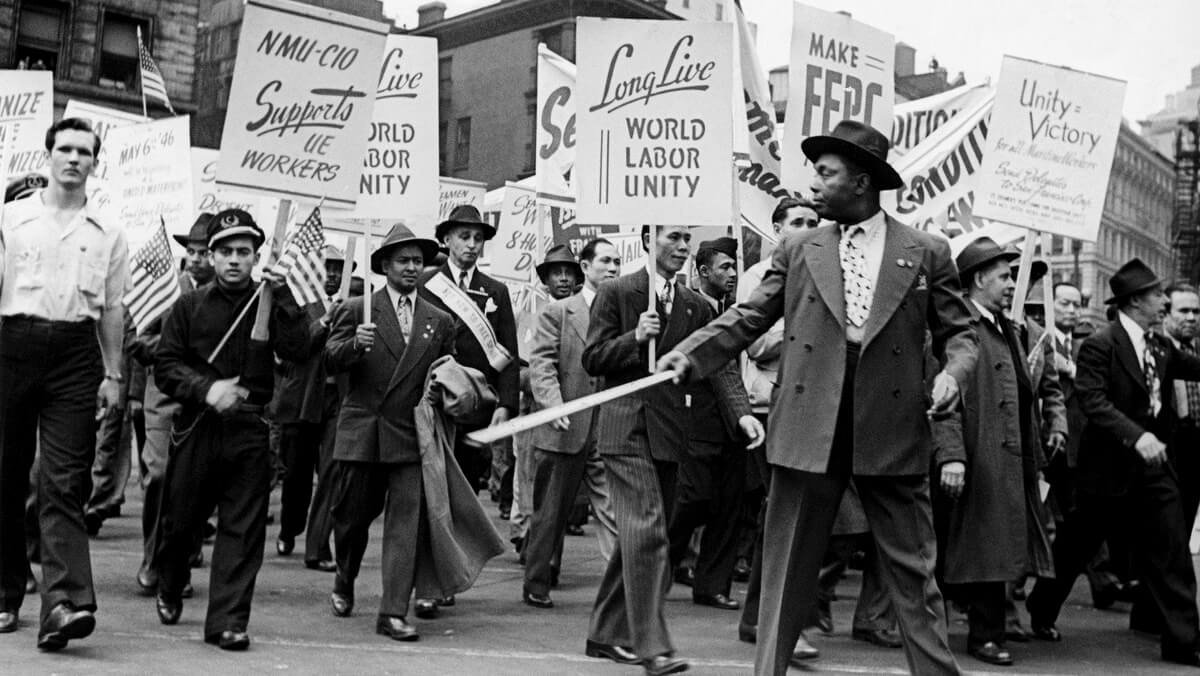
The Administrative Exemption
The Administrative Exemption might be the most litigated exemption of all. It is frequently cited as the “catch-all” exemption whenever another asserted exemption, such as the executive exemption, fails. Employers should not fall into the trap of thinking that an improperly classified employee will be “saved” by the seemingly broad administrative exemption. It is not as broad as some think.
To qualify under the administrative exemption, the employer must prove all of the following:
The employee must perform work of office or non-manual work directly related to management policies or general business operations of the employer or the employer’s customers, or administer a school system or a school; and
The employee must exercise independent judgment on matters of significance in the performance of those duties; and
You must do one of three things: (a) directly assist an owner or an executive or another administratively exempt employee; or (b) under only general supervision work along specialized or technical lines requiring special training, experience, or knowledge; or (c) under only general supervision execute special assignments and tasks; and
You must do these things for at least 51% of your day; and
You must be paid at least twice the minimum wage on a weekly basis on a salary. I.e., you must make the same amount on each paycheck, with no deductions if you work less.
Office or Non-Manual Work.
Obviously, if you work on the assembly line, or bag groceries, or change the oil, or stock the shelves, you are not exempt because you are not performing non-manual or office work. Many administrative exemption issues arise in office settings with accountants, financial professionals, legal professionals, and other workers whose work is seemingly technical or complex but not necessarily “administrative.” Administrative work is work that has to deal with the actual running of the business, such as payroll, or operational logistics, or creating management policies (or work directly related to that effect), or providing tax advice, or other functions that keep the business running. This is in contrast to day to day things like answering phone calls, working the cash register, stocking shelves, making sandwiches for customers, or doing sales.
Exercise of Independent Discretion and Judgment on Matters of Significance.
This is a frequent area of disagreement in litigation. Discretion and independent judgment “implies that the employee has the power to make an independent choice free from immediate supervision and with respect to matters of significance…” (Nordquist v. McGraw-Hill Broadcasting Co. (1995) 32 Cal.App.4th 555, 573.) Matters of significance “are those of substantial significance to the policies or general operations of the business of the employer.” Deciding how you schedule your work day is not “significant.” Deciding whether to institute new company policy, or deciding to make a loan or sign important documents on the other hand can be “matters of significance.”
Directly Assisting Owners or Executives, Performing Special Assignments, or Performing Specialized Tasks.
None of these are defined in the law. California’s reference to these three categories comes from the 2001 Code of Federal Regulations, incorporated into California’s wage orders, which specified three “categories” of administrative work. (You can find the 2001 version of 29 CFR 541.201 here). Executive Assistants are described in the regulations as those “who assist an executive in the performance of [his or her] duties without themselves having executive authority…” and where the executive assisted has duties of such importance and scope that the general day to day tasks, such as correspondence, interviews, and work of “personal scrutiny,” must be delegated. Although it might be tempting as an employer to think your secretary is exempt, think more along the lines of the Secretary of State, not the secretary who answers your phones.
The performance of special assignments is another niche category. In the Federal Regulations at the time, this was defined as people who perform work away from the employer’s place of business, such as location managers of motion picture companies, lease buyers, field representatives, and so on.
Employees performing tasks requiring specialized knowledge, training or expertise include financial advisers, tax planners, consultants, and other employees who perform work on operational parts of your business distinct from the “production” side of what your business does. For instance if you run a fancy restaurant, and you have an employee whose job is to independently find and purchase food supplies, and create a constantly changing menu based on the best available food prices and/or what is in season, but the employee has nothing to do with serving or cooking food or customer service, that person might qualify as performing work requiring special knowledge, training or expertise. (Particularly, fine dining and food knowledge.)
The Salary Basis Test
This is the easiest part of the exemption. You must be paid at least twice the minimum wage on a weekly basis, and your pay cannot be “subject to reduction because of variations in the quality or quantity of the work performed.” (29 C.F.R. §541.602(a).) If you work a half day, for example, and your weekly pay is cut for that half day, you are not exempt. Your employer can only deduct money from available vacation time, or if you miss a full day of work.
